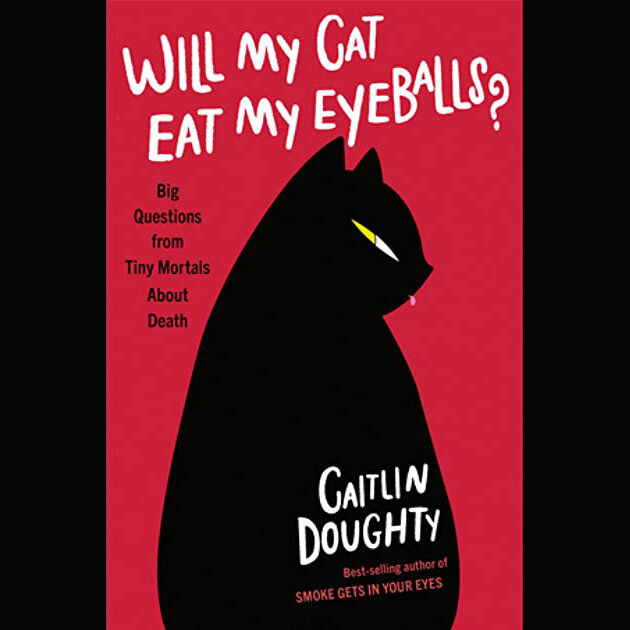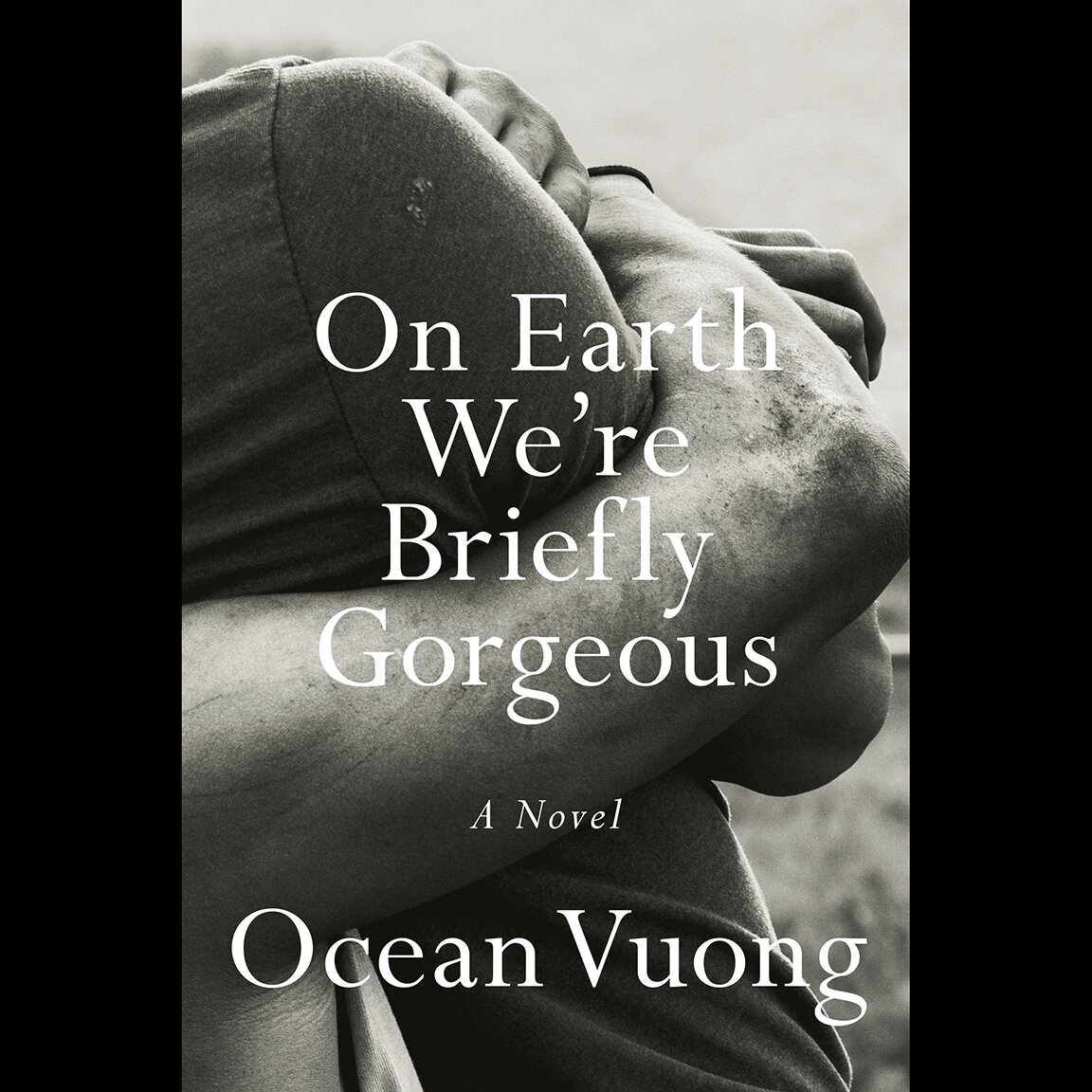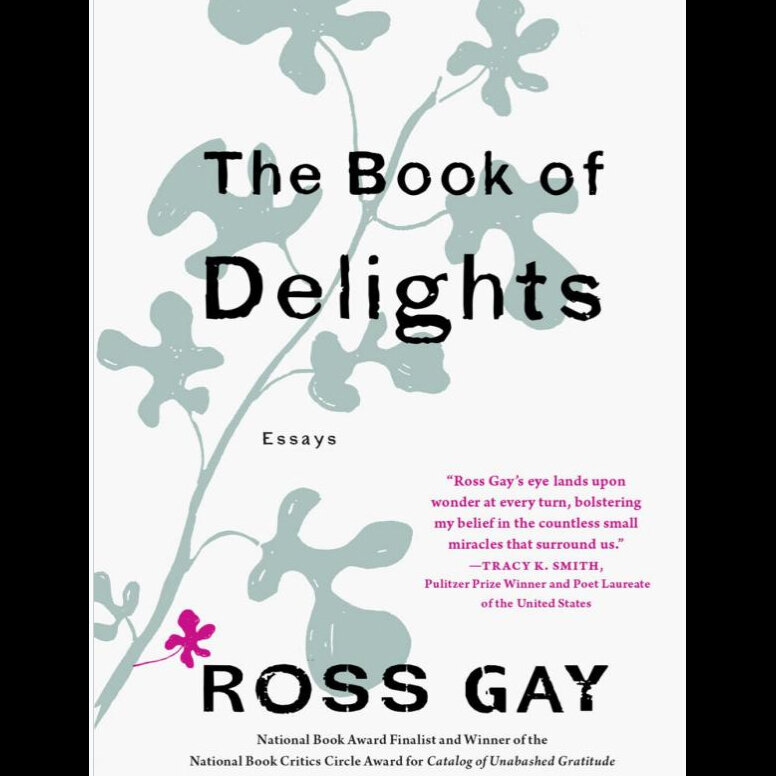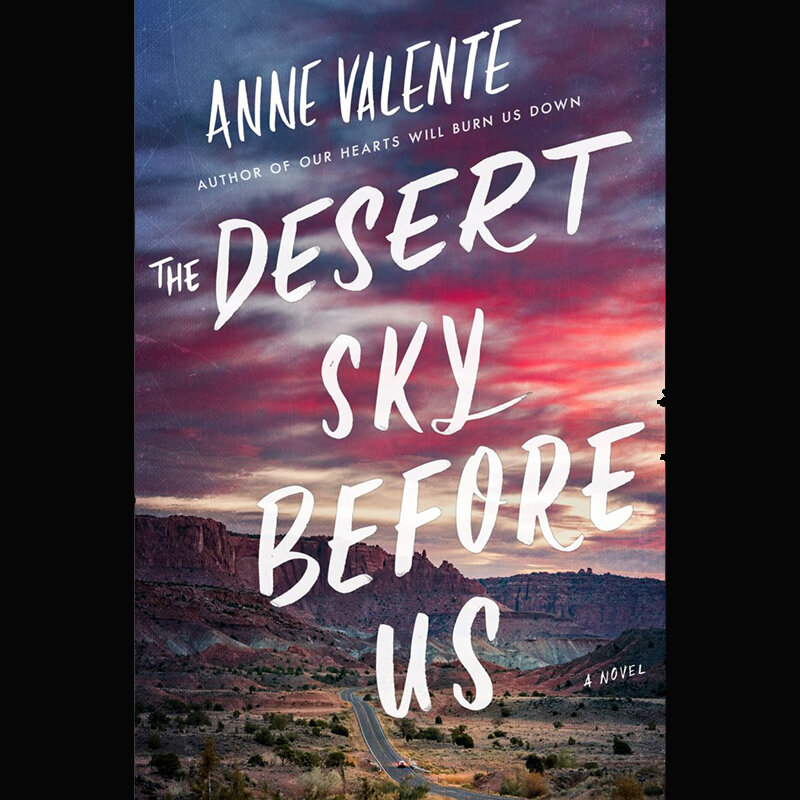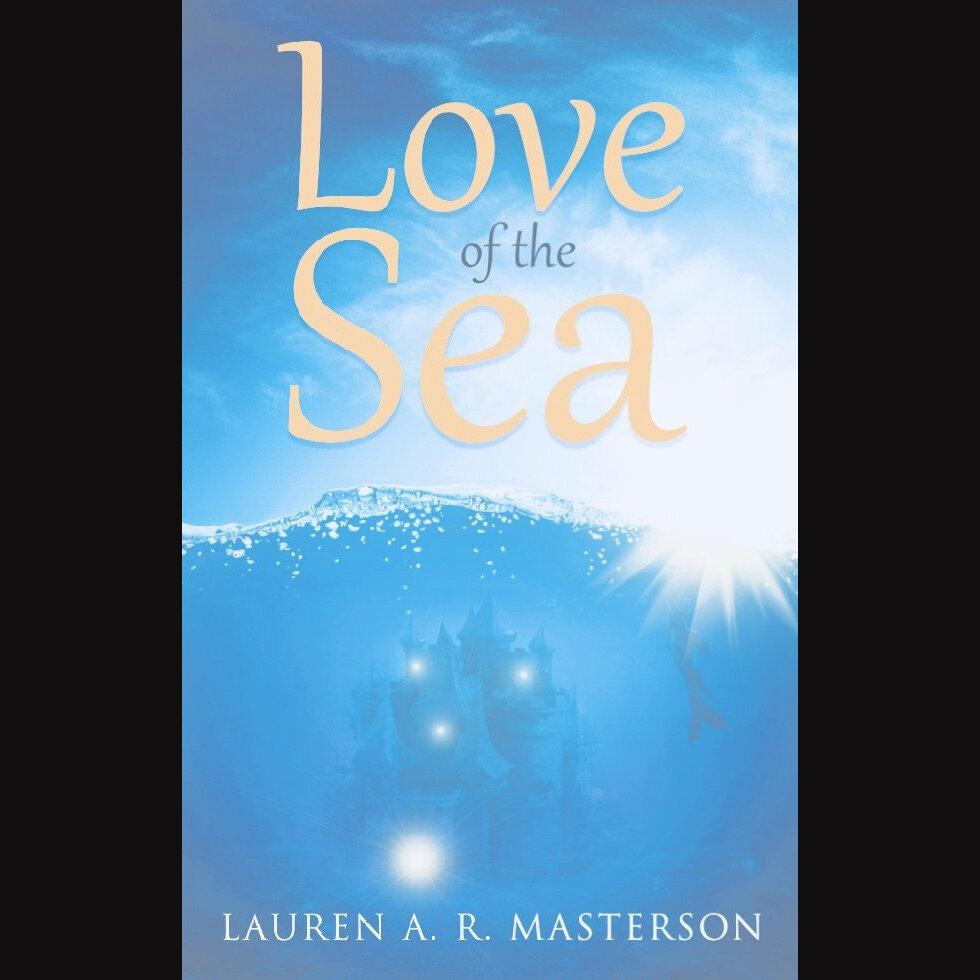Will My Cat Eat My Eyeballs answers questions of mortality and death
Reviewed by Sabrina Clarke
Most well known for Ask A Mortician [YouTube channel], Caitlin Doughty never strays from strange or hard questions about death. She’s a certified mortician, has worked at a crematory, attended school for embalming, traveled the world to study death customs and the culture within, and owns the funeral home Undertaking LA. She’s been a featured death expert on NPR, SXSW, TEDtalks, and other media, where she talks about the traditional practices that are enforced in the death industry and how they should change. For example, she discourages the use of traditional embalming methods with dangerous chemicals because they are harmful to morticians and the environment, offers ideas for natural burials, and would like to see changes or the creation of laws that ignore the customs of other cultures, disavowing the concept the dead body belongs to the funeral home the second someone dies. It may not seem like it, but she causes a gigantic stir in the death industry. Her idea that everyone should have a detailed death plan is something that most funeral homeowners dislike, as it’s bad for business; these steel-plated caskets don’t sell themselves, and knowledgeable masses may not buy them. It is obvious that the death culture in America in the past 100 years has changed — people fear bodies now and do not know the rights that they have when they die, or what to do when they lose a loved one. In her travels, she answered many questions from fans and audience members, but the most interesting questions come from children.
Death may be unbearably sad and can make you want to shield yourself away from such questions, let alone the answers to them. But Doughty, and many other people like her, believe that death is something that is natural, always happening; science and history and art and literature all come into play with death and death culture, and Doughty never strays from a chance to educate.
The book begins by explaining her career, introducing the reader to her sense of humor, along with the specific way she will be carrying this conversation and journey, and why she feels the need to do so. Each part of the book is dedicated to a specific question that a child asked her directly at book signings or public events. The questions themselves, like the title of the book, seem morbid and macabre, but Doughty answers them as honest questions. The tone of the book is educational and respectful. No question is a bad question in this field, and some genuinely stump her, but she tries her best to answer in an accurate and well-researched way, going down every possible path the questions can lead her. The book is humorous and genuine, answering questions ranging from “Can everybody fit in a casket? What if they’re really tall?” and “Can we give Grandma a viking burial?” While it seems dark coming from the minds of children, they are naturally inquisitive. Doughty at first was confused by how deep the questions became, but soon welcomed it and started taking notes.
Each question gets its own dedicated chapter, filled with illustrations by Dianné Ruz. The book itself is passionate and sincere with its goal to not only entertain the reader, but answer even the most morbid of questions with the respect and in-depth research that they deserve. The book is valuable to those that have questions about death, young and old.
Published by W. W. Norton & Company on September 10, 2019
ISBN: 978-0-393-65270-3
Hardcover 240 pages

